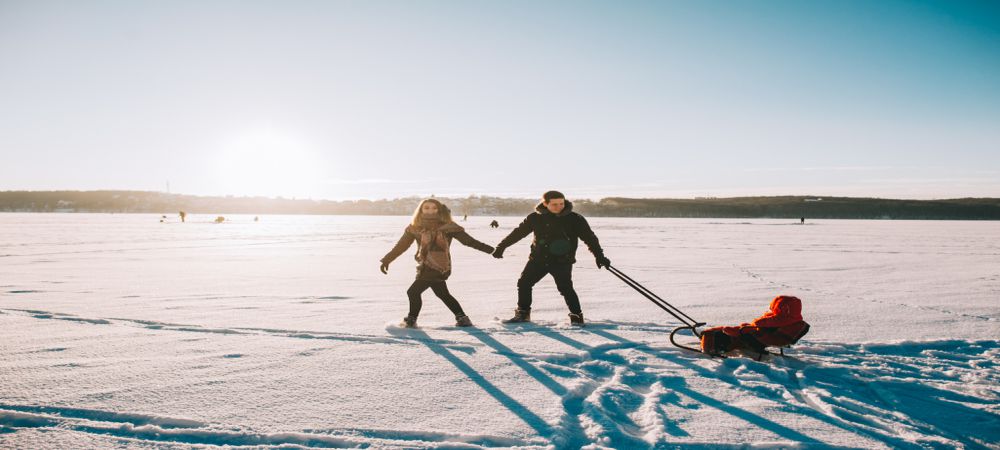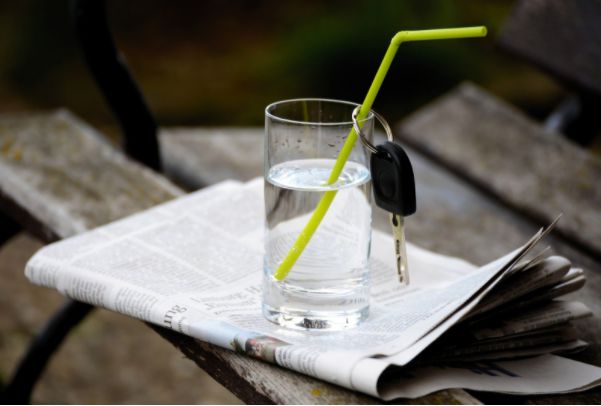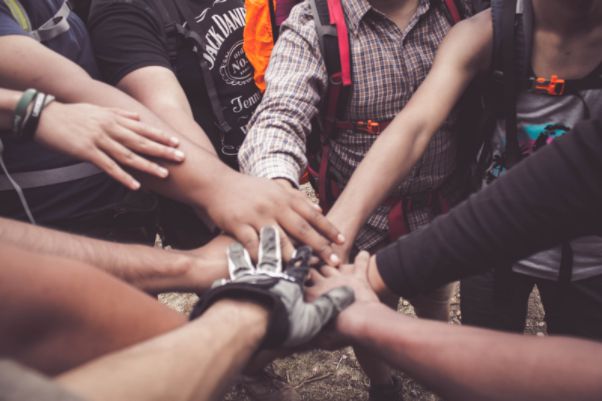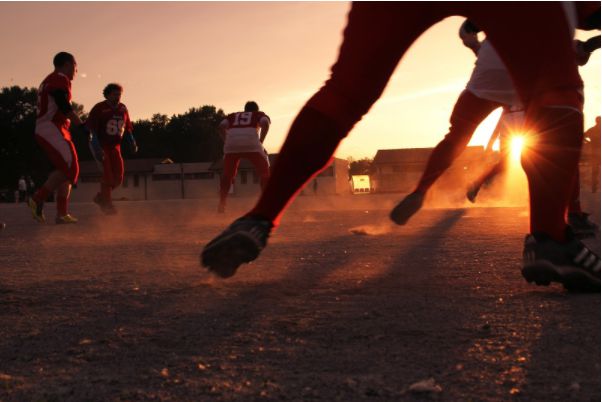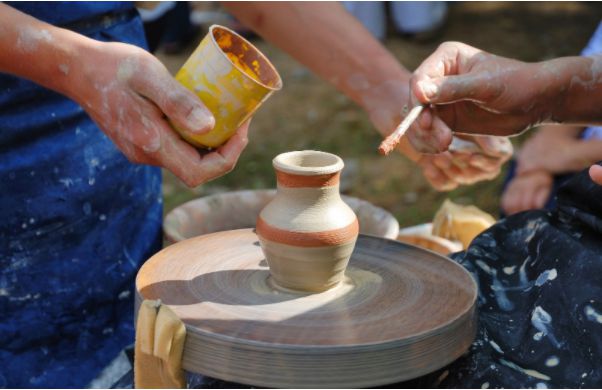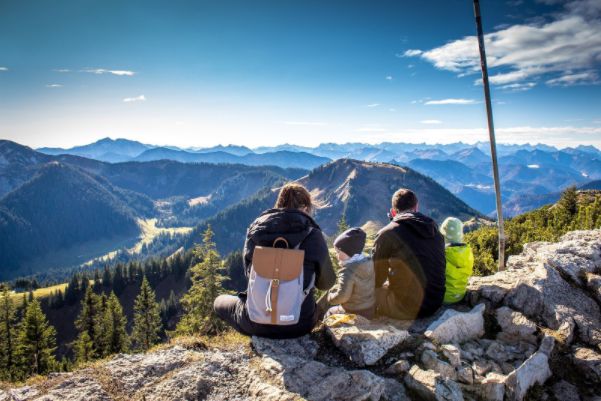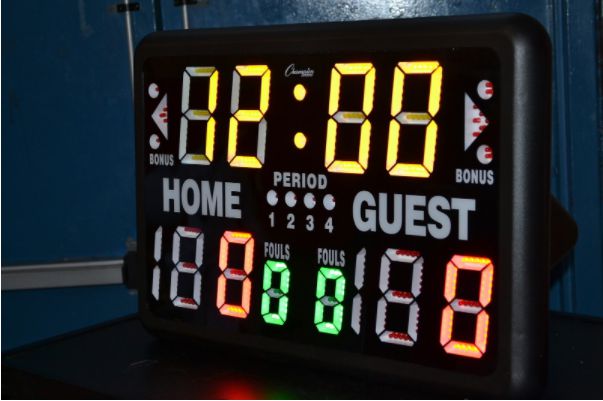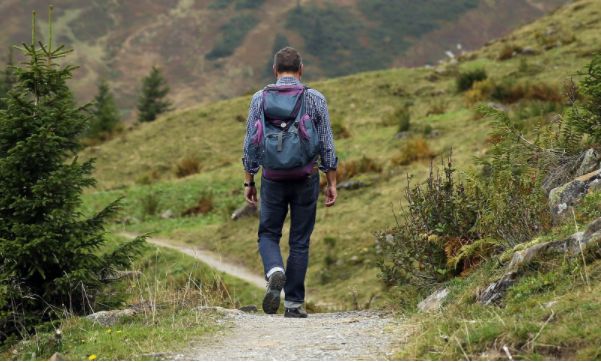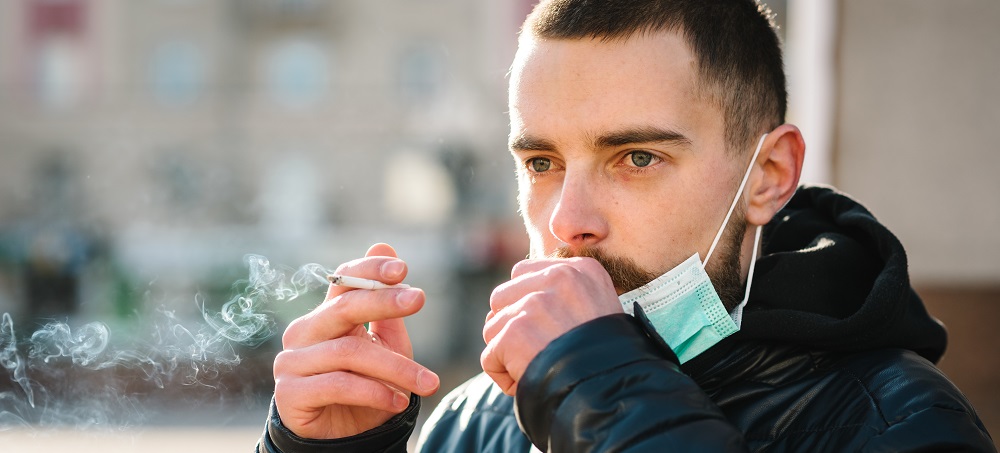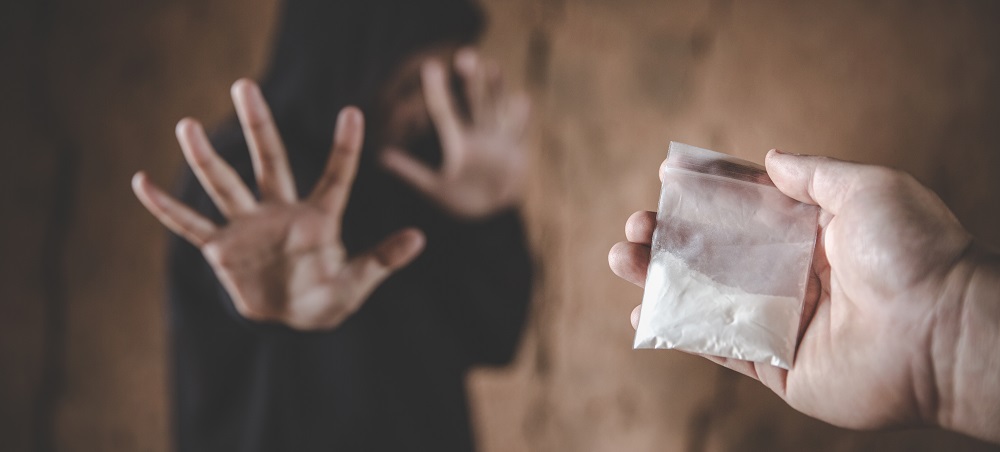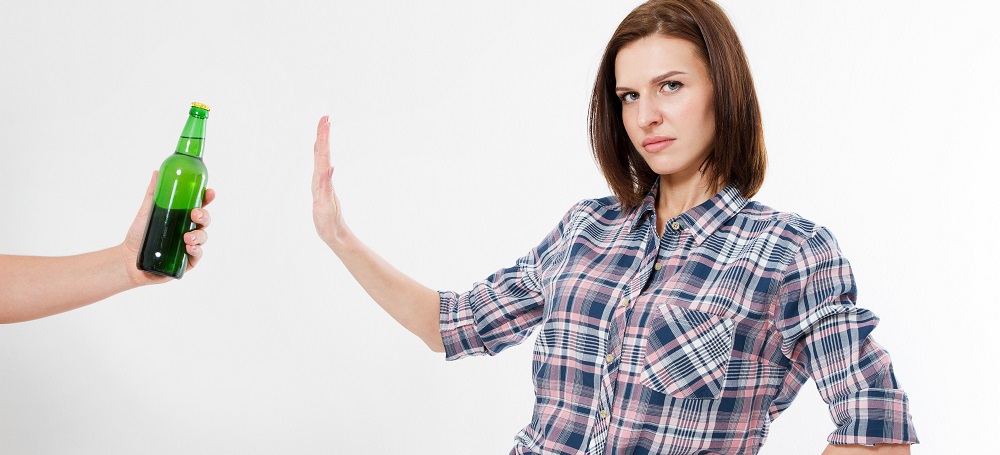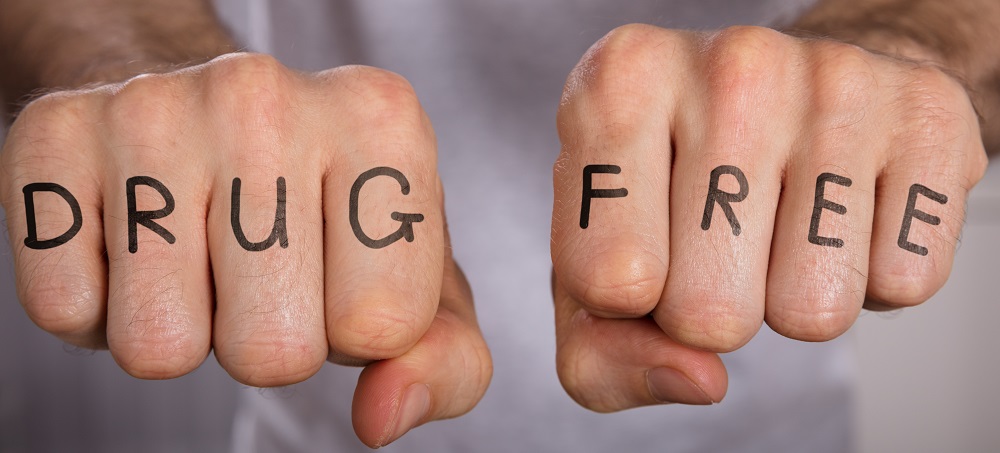A decent chunk of people hate the winter season. For them, it’s mostly cold, terribly boring and lonely. Plus, all of the season’s cheer may just be a reminder of some of the things you’re missing.
Does the winter season have to be melancholic? No! A few winter sober activities are everything you need to go through the winter blues. If you take these steps to avoid the winter chills, the whole season will be jolly, and you’ll enjoy all of it.
Generally, you may find it difficult to pass through winter, especially when you’re recovering from addiction. We know that you’re working very hard towards recovery, and you’re trying to avoid relapse. There are many activities that can help you with this process.
Sometimes, if you can push yourself towards exercising more and getting more sunlight, that’s good. That may be the only thing you need to survive the winter blues. Other times, you may need more than that. Luckily, there are several sober activities for the holiday season that you may find helpful. It may be all you need to beat the winter chills.
You see, it’s one thing to recover from addiction, but it’s an entirely different thing to maintain sobriety during the winter season. Winter includes several holidays like Christmas, New Year’s Eve and Thanksgiving, etc. This means there are going to be lots of gatherings with free booze and possibly drugs.
As a result, the winter season is synonymous with temptation and possible relapse triggers. In light of this, you’ll need extra support to manage your addiction recovery. This support may be in the form of professional addiction treatment services. In the same vein, you can boost your recovery by carrying out certain activities designed to help you beat stress and improve control.
To help you, we have put together top practical winter sober activities to beat loneliness and prevent relapse during the holiday season. But first, why does the winter season come with such a profound effect on addiction treatment?
Understanding Winter and its Effect on Sobriety
Seasons play a significant part in our mental health. Our rhythms, which dictate our sleep-wake cycles and our mood, are scattered in winter. There are short daylight hours, and it can also get dark earlier in the day. For most people, winter may lead to chills, but for some, it may lead to relapse, triggers, and even SAD (Seasonal Affective Disorder).
Generally, you may fight off some of these winter effects by spending quality time with family and friends. However, what happens to those with fewer people to hang out with? Well, with the proper knowledge of winter and how it affects sobriety, you can pull through.
Knowing how the season can impact your mental health and mood is the first place to start. This will help you develop a working strategy to take preventative measures. Just as you will want to winter-proof your home, you may need to set aside a plan for your winter.
You may have to consider seasonal changes to your relapse prevention plan. This way, you’ll be able to stay away from triggers that may lead to relapse while maintaining your sobriety.
Winter and the Stages of Relapse
Well, there is always something about the gray, cold days of winter. Typically, they can bring about the blues in just anyone. If you’re going through recovery, you may find this time of the year a bit more challenging than a regular person.
Sometimes, you may experience a strong urge to self-medicate to get through the isolation. Other times, the boredom of winter may kick in forcefully. However, knowing what you’re facing and learning some simple winter sober activities will help you cope.
The less exposure to sunlight and colder temperatures during the winter months indeed doesn’t go away. It usually has a direct impact on serotonin and melatonin effects. This imbalance can develop into depression, inability to focus, lethargic feelings, etc.
All of these are symptoms that can lead to relapse during the winter season. The first step to preventing relapse is to understand that relapse is a gradual process. It doesn’t just happen. Usually, it goes on for weeks and months before you go back to your old ways — drinking alcohol or using drugs.
The goal is to help you recognize the early warning symptoms of relapse and to create coping skills to beat it. This has been proven to somewhat lessen the risk of relapse.
Here are the three main stages of relapse;
Emotional Relapse
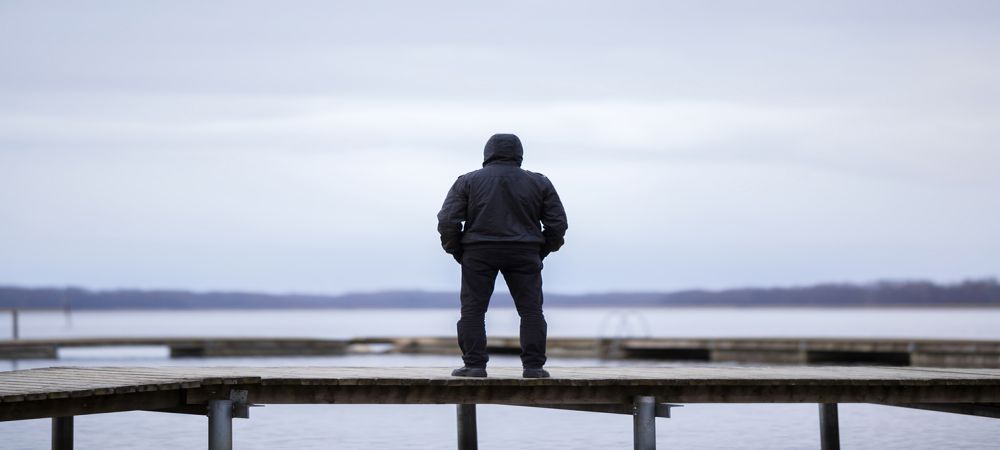
During emotional relapse, most people are not thinking about using. They remember their last relapse, and they don’t want to repeat it. But their emotions and behaviours are setting them up for relapse down the road.
Because you are not consciously thinking about using during this stage, denial is a big part of emotional relapse. These are some other signs of emotional relapse; they include:
- Isolating
- Poor sleeping and eating habits
- Focusing on other people’s problem or how it affects them
- Going to meetings without sharing
- Bottling up emotions
- Not going to meetings
The common determinant of emotional relapse is poor self-care. Self-care broadly defines or comprises physical, mental, and emotional care.
One of the most significant escapes you may have is to teach yourself more about self-care and how it works. Typically, self-care is crucial to everyone’s wellbeing, but the need for self-care varies from one person to another.
For some people, self-care is as simple as physical self-care, like a healthy diet, hygiene, and good sleep. For others, self-care is about overall emotional self-care. It’d be better if you made time for yourself, be nice to yourself, and gave yourself time and permission to have fun.
The transition between mental and emotional relapse is not arbitrary, but the actual consequence of prolonged, poor self-care. When you exhibit poor self-care and live in emotional relapse for too long, you eventually start to feel uncomfortable in your skin. You may even begin to feel restless, irritable, and discontent. As the tension builds, you start to think about using drugs or alcohol as an escape.
A typical sign of poor self-care is:
- Tiredness
- Staying hungry
- Anger
- Loneliness
Mental Relapse
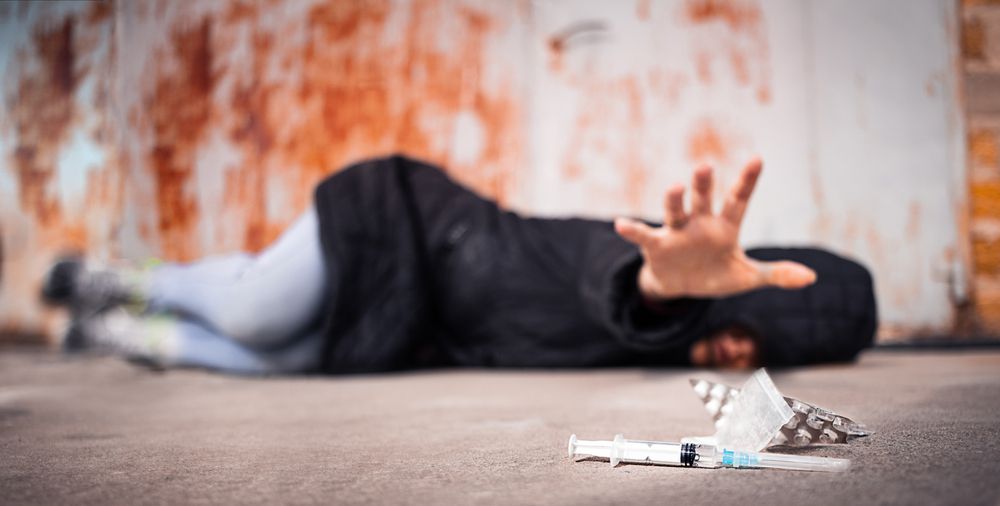
When it’s about mental relapse, there is a war going on inside your mind. A part of you wants to use it, but another part of you is against the idea. As individuals go deeper into mental relapse, their cognitive resistance to relapse diminishes, and their need for escape increases.
These are some of the signs of mental relapse:
- Craving for drugs or alcohol
- Thinking about people, places, and things associated with past use
- Minimizing the consequences of one-time-use or glamorizing past use
- Bargaining
- Lying
- Thinking of schemes to better control using
- Looking for relapse opportunities
- Planning a relapse.
At this stage, most people start to think of scenarios in which it would be acceptable to use. A typical example is when people permit themselves to use while on holidays or on a trip. It is a common experience that airports and all-inclusive resorts are high-risk environments for those in early recovery.
Another form of bargaining is when people start to think that they can relapse periodically, perhaps in a controlled way, for example, once or twice a year. Bargaining also can take the form of switching one addictive substance for another.
Occasional, brief thoughts of using are expected in early recovery and are different from mental relapse. When people enter a substance abuse program, they often say, “I want to never have to think about using again.”
It cannot be very comforting when they discover that they still have occasional cravings. They feel they are doing something wrong and that they have let themselves and their families down. They are sometimes reluctant even to mention thoughts of using because they are so embarrassed by them.
Clinical experience has shown that occasional thoughts of using are normal in therapy. They do not mean you will relapse or that you are doing a poor job of recovery.
Once you experience addiction, it is impossible to erase the memory. However, with good coping skills, you can learn to let go of thoughts of using quickly.
Physical Relapse
Physical relapse is when you actually start using again. Once you have had one drink or one drug use, it may quickly lead to a relapse of uncontrolled use.
Most physical relapses are relapses of opportunity. They occur when you have a window in which you feel you’ll not get caught. Part of relapse prevention involves rehearsing these situations and developing healthy exit strategies.
When you don’t understand relapse prevention, you may think it involves saying no just before using it. However, that’s the final and most challenging stage to stop, which is why most people experience a relapse. At this stage, you already need addiction treatment in Canada.
The best point to stop addiction relapse is the mental stage. If you remain at the point of mental relapse for too long without necessary coping skills, you are more likely to turn to your old substance abuse ways to escape the turmoil. In the next section, we’ll discuss safe winter activities that can help you get a grip during the mental relapse stage.
Related article: Top Sober Activities For The Weekend
Top Effective Winter Sober Activities
The winter season can be trying. Here are some sober activities to do in winter — if you want to beat the chills. These activities are drug/alcohol-free, will boost your addiction treatment, and are not cost-intensive.
Enjoy Free Sunlight
One of the biggest triggers of the winter blues is the limited amount of sunlight available during the day. In winter, the days are significantly shorter, and many of us go to work in the dark and return home in the night, limiting our exposure to sunlight.
Finding time to bask in the sunlight has several health benefits, particularly when it comes to mood and mental health. Sunlight triggers the release of serotonin and several hormones in the brain that can elevate your mood. On the other hand, darkness causes the brain to produce melatonin, which contributes to increased drowsiness.
Taking in some sunlight at least a few times each week can help improve your mood. If you’re inside at work during daylight hours, or it’s too cold to spend extended periods outdoors, or there just aren’t many sunny days in your city, an alternative may be using a “lightbox.”
During light therapy, you will sit or work near a device called a light therapy box. This device gives off bright light that mimics natural outdoor light. Light therapy affects brain chemicals linked to mood and sleep and is also known as promising light therapy or phototherapy.
Enjoy a Gift Drive
There are often gift drives at local businesses, religious centers, and community organizations. It can be a fun and heart-warming experience to go out shopping for a child. Plus, you’ll know you’ve made a big difference in someone’s holiday—spreading some real seasonal joy.
Visit Santa
Why not? Just the experience of going to see Santa Claus — whether you sit on his lap or not — can bring back all kinds of fond memories. You can bring your nephews, nieces, kids, or join a family you’re close with. Say hello to Santa and enjoy the whole Santa fun with others.
Listen or Read to Motivational Books or Podcast
Motivational books will spur you towards achieving your goals. We call them motivational books because they encourage you to not give up on your dreams. Do not underestimate how far these books can push you towards achieving your goals.
Your main goal now is to beat the winter chills and make it through the cold without relapsing. With that in mind, find a motivational book that fits your purpose and bury yourself in it. Don’t just read — try to practice the things you learn in the book.
If you’re too busy to read words, listen to audiobooks. Reading motivational books is a sober activity that can help you beat the winter chills. It can also become a hobby that will help you in other areas of your life. Read books, not just as a sober activity for the winter but also as a hobby for life.
Get Yourself an Exceptional Gift
Since you’ve decided to go alcohol-free this holiday season, give yourself a nice reward. Perhaps you’ve worked hard to make some significant changes this year. Show yourself that you’re proud of all the effort you’ve put in. You can even wrap it up nicely and put it under the tree for yourself on Christmas morning!
Exercise Daily

When you’re dealing with a case of the winter blues, exercise may be the last thing you want to do. Due to the increase in melatonin levels, you may have trouble finding the motivation to exercise. While aerobic exercise will undoubtedly yield the most benefit, any physical activity has significant advantages.
Walking at a fast-pace for at least 35minutes every day has been shown to offer a significant boost in symptoms of depression. Also, when you exercise under the sunlight or any bright light, your body generates more chemicals that elevate your mood.
The most challenging part of overcoming the winter blues may be finding the motivation to do any of these things. However, by getting more exposure to sunlight, eating foods that help elevate your mood, and upping your physical activity, you can improve your mood and beat the winter blues.
Spend Quality Time with Your Loved Ones
There’s a reason you call them your loved ones. You love them, and they also love you back. It shouldn’t be that hard to hang out and spend quality time with them. Spending time around these people should make you happy and improve your mood.
Life without loved ones will be lonely, and loneliness is a significant trigger of addiction relapse. Avoid it as much as possible by moving closer to and spending time with your loved ones.
Practice Daily Meditation
When you meditate, you feed, exercise, and strengthen your mind. Your mind is an integral part of your being, and it has the most influence on everything you do. Therefore, a healthy mind creates a strong character. With a strong sense and a strong personality, you will easily beat the winter blues.
Keep a Diary/Journal and Write in it Daily
It works for everyone, and it will work for you if you’re diligent. It’s straightforward, pick a new book and give it any title of your choice. Probably something like “My Soberness Journey” or anything. Then, input a summary of your daily activities, including how you beat the winter chills that day.
Knowing that you have to write a report of your activities keeps you accountable to yourself. It also gives you a sense of victory at the end of the day as you input your achievements for the day.
Learn to Prepare and Eat Healthy Food
Winter is not the time of the year to consume junk and other unhealthy food choices. There’s no time of the year that’s appropriate for the consumption of unhealthy food. However, all of the parties and festivities mean that junk food is readily available.
Take extra care and watch your diet in winter. That’s if you want to stand a chance against the chills. Different food items will have other effects on your brain. In fact, the food you eat can have specific effects on your mood, how you feel, and your strength levels. That’s why you need to eat good food.
Cooking is also an enjoyable sober activity for the winter. You can learn how to combine various recipes and prepare new dishes. More importantly, you will also have fun doing it.
Conclusion
You needed to understand how to evade relapse in winter. The first step is knowing that it’s not going to be easy. The second step is filling in the gaps of time with effective activities to help you maintain sobriety during the winter season. With the activities we have described above, you should be able to make it through winter without any problem.
These tips are designed to help you through winter with ease. However, coping through recovery during winter can be challenging to experience. The winter chills are sneaky, and they’ll want to get you when you least expect them.
However, if you know the best winter sober activities, you can quickly develop a plan to beat the winter blues. Try to incorporate these sober activities into your schedule for this winter. Also, be ready to share your experiences and problems with people around you. It’s crucial that you don’t become shy or hide your plight because of the stigma or anything.
A daily exercise session, being with loved ones, doing what you enjoy or picking up a new hobby, can help you beat the winter blues. However, you can still try out other options from your rehab provider or get expert help. Call 1000 Islands Addiction Rehab & Treatment Centre for addiction treatment programs.
Related article: Try Out These Sober Activities For the Winter Holiday Season
